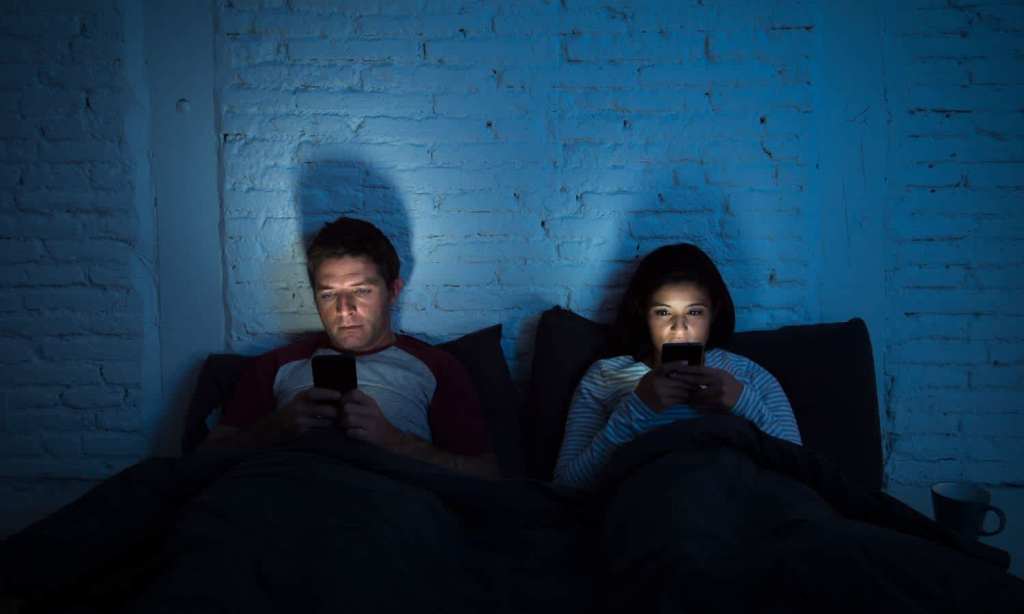It may be a millennial thing — you geriatric millennials can come too — but after work, all we seem to do is cram in even more commitments. That is, if we’re not doing ridiculous hours at work already (we’re very stressed, at pretty exceptional numbers).
When we’re not at work, some of us are attempting to be ‘slashies’ and cramming in side hustles; some are raising children; some commit to social events in the evening; some are going to the gym or partaking in group sports. Whatever the reason, after all of this finishes, we then decide it’s finally time for “me time”.
And between all of these moving parts, or spinning plates — whichever cliché you prefer — our bedtime is getting pushed back later and later, we’re delaying sleep precisely for the reason of taking personal time.
This phenomenon, which was coined by Chinese American journalist Daphne K. Lee, is called ‘bàofùxìng áoyè’ — which translates to ‘revenge bedtime procrastination, or, according to Worklife, ‘retaliatory staying up late’.
Lee described it as when “people who don’t have much control over their daytime life refuse to sleep early in order to regain some sense of freedom during late-night hours.”
If you’re guilty of it — and let’s be honest, a lot of us are — sleep experts are concerned that revenge bedtime procrastination can be a vicious cycle, according to The Sydney Morning Herald.
The publication spoke to sleep scientist, Dr Carmel Harrington, who says this phenomenon is largely a modern problem. Why? Well, you won’t be surprised but yes, it’s due in large part to our screen use.
“The bright light of the screens affects our ability to sleep and we also get so engrossed with what we’re watching that two hours can go by and you don’t even notice it.”
Dr Harrington actually told The Latch that worldwide there seems to be a “sleepless epidemic”.
In terms of needing leisure time, this isn’t particularly surprising. We need time away from work, especially as we’re becoming the “burnout” generation. In fact, last year 77% of us Australian workers, and our New Zealand neighbours, reported experiencing burnout.
But, at the end of the day, procrastinating sleep in revenge of work and other commitments taking out precious time spent alone with ourselves isn’t exactly the best step. It’s like neuroscientist and author Matthew Walker says: “The shorter your sleep, the shorter your life span.”
As for what can be done? Experts suggested to The Sydney Morning Herald that a lot of it has to do with scheduling — scheduling sleep, and scheduling late nights. Balance is needed, as is the recognition that a solid night of sleep really does help you feel better.
Read more stories from The Latch and subscribe to our email newsletter.







